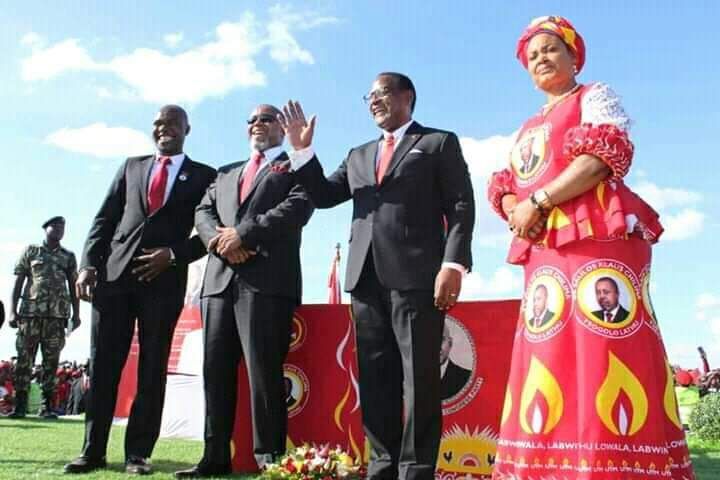
It is common practice for international envoys to flock countries during election periods, especially African countries which are marred by corruption and a history of political violence. These groups are deployed to states to ensure the elections are held peacefully, transparently and with no favour or prejudice to any of the candidates participating in the polls. How they operate or how they determine these things is a formula unknown to most.
Usually with no outline of what is looked for to confirm that an election was credible and held professionally there is just a press release from these various envoys endorsing or denouncing the manner in which an election was conducted. According to a United Nations publication – Osagi Women Peace and security it is stated, “observation can help promote and protect the civil and political rights of participants in an election”. This has been a mandate that has been neglected by the observation envoys
The recent nullification of the Malawian presidential election brings into question, if the international observers really serve their purpose. The Malawian polls were endorsed by various organisations which include the African Union, SADC, European union amongst others had endorsed the election as being held properly. The purpose of such observation missions is to boost public confidence in the election process and how it is conducted.
After the constitutional court nullified the Malawian elections and taking into account the evidence that was adduced, it is baffling how the observing missions did not highlight the brazen irregularities that were in the election. In the same breath the Kenyan elections 2017 presidential elections were also endorsed by the international observers and those from within the region.
This leaves to show that the observers do not come to participate in the said missions for which they are deployed, or is it inadequate training? The evidence adduced in the Malawian case shows electoral return forms were tempered with the figures were changed and some were erased but the observer missions still endorsed the elections.
There is need to revisit how they operate to ensure effective missions are sent to ensure the democratic rights of the people are safeguarded. It is quite clear that if a country does not have an independent judiciary corruption and the robbing of elections will carry on. The independent judiciary seems to be not only the last line of defence but the only line of defence of the peoples votes and political rights.
Citizens count mostly on the foreign observer missions as they are seen to have no direct interest in the governance of the country. Of late the observer missions just rubber stamp and are clearly not credible or reliable. Without the Supreme court in Kenya and the Constitutional court in Malawi, the people’s democratic rights would have been compromised. There is need to revisit the formulation, training and execution of the duties of the missions when they go on election observation missions. There is too much at stake for organisations to shamefully endorse elections which are laced with irregularities and illegalities. In most cases the next 4 to 5 years of a nation would have been decided on faulty grounds that could have averted had the missions done their job properly.
The security of elections and people’s democratic rights are highly hinged on 3 institutions electoral body, election observers and the judiciary. All institutions involved in the election process should be independent, impartial and highly efficient well-oiled machines. They need to execute their tasks to perfection and they should keep each other in check, where there are shortfalls. The moment one is compromised it can poison the entire process. Leaving a country to live with the election result birthed from a poisoned chalice of electoral misconduct, gross illegalities and irregularities.
Without proper restructuring there is no need for international observers as they have slowly evolved into ceremonial envoys for organisations to allege they are doing their part in world peace and democracy. In essence it is clear the observers just get deployed and in the clear cases of Malawi and Kenya get paid at the expense of the political rights of the nation which they claim to protect.